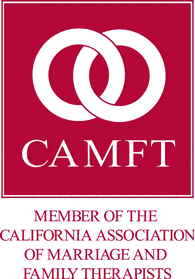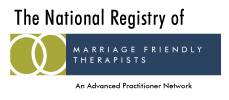I’m in love with people. My #1 passion? People. Doing therapy is not a ‘job’ for me. It’s who I am. It’s a joy and way of Being. When I first meet you—or talk to you as a prospective client–I feel I’m about to open a gift, unwrap a prize. I’m about to enter your world, a vast interior universe of your past and present. This is your treasure, and this is where we’ll create your future. I’m committed to be with you, my client, in the way I most treasure: creating a safe, sacred space for you to reveal who you are. As you bare your vulnerable emotional skin, I relate to you authentically, honestly, gently. As we work toward your goals, I feel honored you allow me into your life, and share who you are. I’m privileged you might allow me to explore your life and understand you. In my bones and blood, I want to make our planet a better place. I cannot do this on a worldwide scale, but if I can help one person—> one relationship—> one group . . . and so forth, we celebrate a vast interconnectedness and network we all share with each other: we relate to each other and lighten our burdens. I love everything about our beautiful species. When I say this, I sometimes get a skeptical look, e.g. “What about the dark parts of us—how could could you love this?” The dark is something for me to shine light and love. The friction something for me to oil, the conflict something to smooth. When we come closer to our fear, without running away, we’re able to sit with it, we see more clearly how we’re judging ourselves. We are our biggest critic. In therapy I hope to help you befriend yourself. In turn, this touches every aspect of who you are in the world–with your partner and family to colleagues, strangers–and everyone and everything in between. Our therapeutic relationship—my interaction with you–embodies a spirit of empathy and compassion. As I begin to get to know you from inside out, I gaze at you as a parent looks at their newborn infant, with infinite tenderness and unconditional acceptance, I hold for you a time + space for healing. Who we are, how we connect and don’t, our wishes and needs, our fantasies and shivers, our tears and fears, our longing and aches . . . everything about people excites me. I’m interested and curious about you. I marvel at you, in awe that you’re thinking about exploring your inscape—your internal world. When I see you wanting to help yourself, I’m moved, enthralled. This is the very best of humanity: when we stumble and falter, fail and make mistakes—but we want to do better. We pick ourselves off the floor and try again. This is where we shine. You want to be better, do better–I’m humbled by you. No matter how hard it feels, you’re reading these words and it means some part of you wants to grow, change. Maybe you’re inspired, called to action. Maybe you feel desperate and scared to reach out, but determined. Perhaps apprehensive or anxious to show yourself to a therapist. All this is normal. It takes guts to go down this path. I’m blown away by your bravery. I hope to earn your trust that I will support and guide you to where you want to go. People are my #1 love. For 40 years, I’ve literally loved my clients, with training and experience in many contexts.
Academic Background
I hold a Bachelors (BA) in Psychology and Philosophy, a Masters (MA) in Counseling Psychology, and a Doctorate (Psy.D.) in Clinical Psychology. Via the Board of Behavioral Sciences (BBSE), I am licensed in CA as a Marriage Family Therapist (MFT), though I do as much individual therapy. I’m a clinical member of the California Association of Marriage and Family Therapists (CAMFT), a member of the Association For Contextual Behavioral Science (ACBS), and a member of the Depth Psychology Alliance. As well, I’m a member of: Mindfulness and Psychotherapy, and Mindfulness for Chronic Pain and Illness subgroups at the UCSD Center for Mindfulness. I am also Certified as a Professional Life Coach, and a member of iCOACH International (ICI). My CA License No: MFC28642. My NPI No: 1750897443.
Clinical Training
I started my first internship when I was 19 … I have focused singularly on psychotherapy my entire life. I’m now 60 years old, and have over 40 years experience in the mental health field (including internships), having worked in a wide variety of settings, with different populations. Among them: community residential treatment centers for geriatric patients, day programs in psychotic milieu therapy, and outpatient clinics for addictions/brief therapy. I’ve designed and implemented psychotherapy protocols for residential adolescent programs. I’ve had extensive experience doing cognitive-behavior interventions at a San Francisco depression and anxiety treatment center for adults (in individual, couples, and family modalities). I’ve conducted a host of educational and therapeutic groups, as well as working in a hospital setting for clinical research, including supervising interns. Recently, as cutting edge intervention for anxiety/panic symptoms, for applications to medicine–illness/pain, and for achieving optimal sports performance, I’ve trained in mindfulness practices, including but not limited to, meditation.
Practice/Media/Teaching/Publications
Currently, I work exclusively in private practice with individuals and couples, and have been doing so for 35 years. I serve as guest on television and radio about psychotherapy, teach mindfulness and meditation, and write articles for newsletters/websites about mental health topics. I also provide court-mandated therapy. I am bilingual: provide psychotherapy in the Indian dialect, Gujarati, and understand Hindi. I also provide life coaching. For a detailed description and itemized list of issues I’ve had experience with, please see What is Psychotherapy?”

My Philosophy
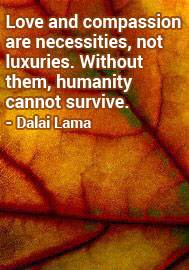
I believe that we human beings are intrinsically good and strive toward being better people, toward healing ourselves, and being more whole. We evolve, grow, and transform till we die. This is wondrous and magical. Just as nature wills a way in the middle of nowhere and everywhere, just as a plant tilts toward the sun and quenches with water, we humans soak up kindness, caring, generosity, benevolent intention and action. Change is the goal of all therapy, but no single approach is right for all people. I do not do any one “type” of therapy because “one size fits all” fits nobody. Occasionally, one person might fit a specific technique, but much more commonly, people are a mélange of traits and require a mix of approaches. I use many theories, depending on who you are, your history, present issues, our interpersonal dynamics, and your preferences. Your needs may change from week to week and often may change within the same session – I’m highly flexible and during the course of therapy, accommodate to you, adapting to whatever comes our way. I’m transparent, e.g. telling you what my rationale(s) are for guiding you in one direction rather than another, etc. and I invite you to give me feedback, collaborate with me about your therapy. I focus microscopically on your internal psychological dynamics, and I look at you macroscopically as a rich whole, at your full context. I trust you, and respect your innate wisdom. There is only one you. Nobody else like you, not even remotely. You have your unique path, and part of my role is to foster the health that’s is brimming inside you, to intuit your needs, hone your clarify about them, and help you manifest what you yearn for. We’re rewriting the narrative and story of your life in a way you can sit more comfortably and happily with.

I find doing this work enormously gratifying because human beings naturally yearn for happiness and on some level work toward it, though sometimes in an obscured fashion. Therapy helps to deal with the obstacles on this path; at its core, psychotherapy is a reconstruction of your past and present Self, leading to a changed future Self. True change occurs not from verbal analysis or advice, but from you actively experiencing what you talk about. The psychotherapeutic environment we create is exceptional in that it allows and encourages you to manifest feelings and behaviors ordinarily experienced in the world – but with the special opportunity to observe and explore them. Although therapy is called the “talking cure”, the curative properties of therapy also require a silence that allows you to act out and say what you otherwise might not permit yourself to think. My aim as your therapist is more than just to talk to you, it is also to provide a concentrated, attuned, quiet space where you can spontaneously be in touch with your internal world. Essentially, change occurs through non-verbal (paralinguistic) communication, just as it does from the verbal. As therapy unfolds, I welcome your ongoing feedback, e.g. what you like and dislike, what’s working and what’s not, etc. This helps me understand you and your needs better, and as my understanding of you deepens, I am able to customize your therapy. If you have difficulty giving me feedback, please share your struggle or conflict with me (this is meta-level communication) and we will appropriately address it. This is an example of how therapy is seen as a microcosm and reflection of the larger world, where you may interact with the therapist in ways similar to your interaction with others. This opens up rich possibilities to explore issues as they play out in the sessions.
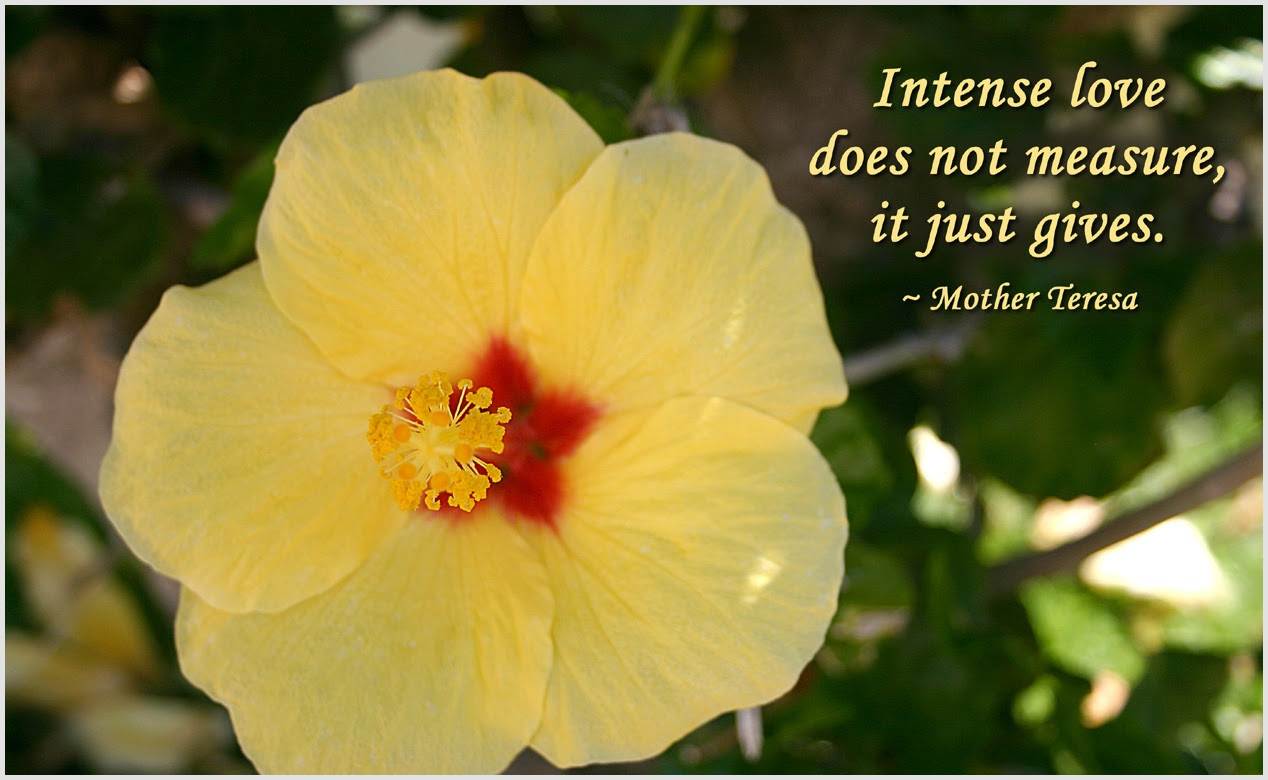
I do not see psychology or psychotherapy as an objective science. Client and therapist are not neutral observers testing out hypotheses with controls. We bring to the therapy our subjective views, values, perceptions, beliefs, and realities, which are evolving and dynamic. The therapy exchange is far from being rigorous and systematic as science requires. As a therapist I try to be humble, which in turn allows me to be open enough to enter another human being’s world, as different as it may be from my own. Of course, it is necessary for me to be knowledgeable about theories, interventions, and guidelines, all of which inform how I listen to and interpret your material. In promoting psychology as a science, the discipline has devised diagnostic categories based on the medical model. I must admit that as an intern thirty years ago, I found these diagnoses helpful for easing my anxieties about what to do with clients. It gave me an illusory sense of certainty. But over the years I’ve come to see that people do not fall into neatly circumscribed categories and there is no one prescribed treatment for a diagnosis, e.g. it’s not treating a bacterial infection with antibiotics. Instead, we humans are a beautiful and subtle kaleidoscopic mix of paradoxical colors and flavors where I need to employ artfulness borne from experience along with a sound theoretical framework in order to understand. Diagnostic labels conceal as much as reveal because they force mental filters and predispose me to biases and preconceptions. With diagnoses, I would not truly look at you as openly as you deserve–this is not respectful. I strive to look at you as purely and openly as you present yourself to me.
Psychotherapy does not take place in a vacuum; it is influenced by, and reciprocally influences the prevailing culture. Here again, diagnoses are fashionable or not. In Freud’s day, “hysteria” was the “it” mental illness. In the 1970’s, encounter groups and batakas were all the rage; in the 1980’s and 1990’s “repressed memory syndrome” and “multiple personality disorder” were in vogue. I am not suggesting that the diagnoses are invalid or have little clinical utility, only that the cultural, historical, and social ethos strongly intersects with the psychological zeitgeist and we therapists need to be cautious about jumping onto every passing bandwagon.
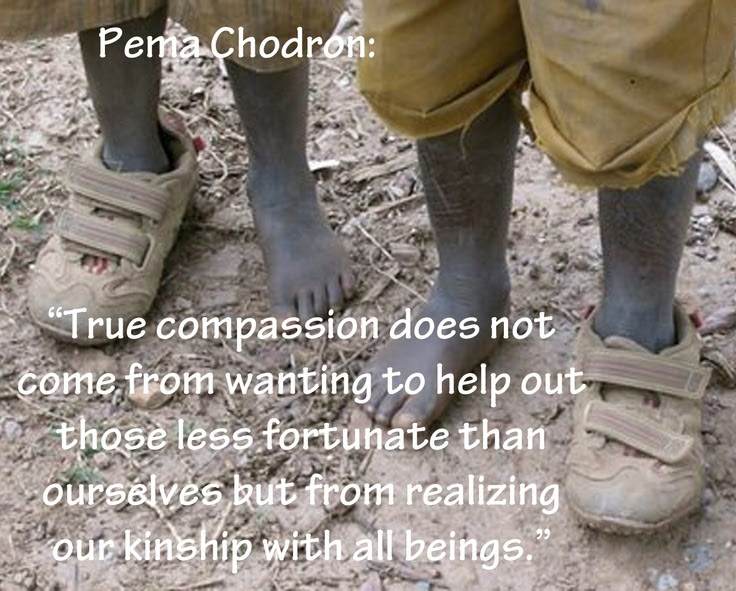
Therapy is remarkable for its complexity, reflecting the ways we write our life stories. We all struggle with the intersection between the self we know, the self we don’t want to know, the self we want to be, and the self we don’t want to be. It isn’t that we’re actively lying to ourselves (though that might be a part of it), but it’s more that we need to assemble the facts of our lives in a way we can live with. Therapy consists of re-framing our memories and life stories in favor of growth and change.
Language is central in psychotherapy because it is the medium of change in the adult client. The twenty first century heralds a view of language as discourse-based, dialectical, and meaning driven – key activities in psychotherapy. Clients’ linguistic representations in conversation create and communicate cognition, emotion, behavior, and intuition. It has been pointed out that humans are at the mercy of whatever language they use and that it is an illusion to suppose that one adjusts to Reality without language. Indeed, the “smaller world” of psychotherapeutic dialogue is built upon interpretation through language. Therapy consists of discrete acts of speech converted into expressions of immediate subjectivity whereby through discourse, the client’s personality is illuminated. Clients’ language literally reaches out to the therapist and makes itself be known. This symbiotic relationship between therapy and language is fundamental in that clients’ speech is both subject and object. Although the therapist deciphers what the client says, the purpose is not to find the “objective cause” of the problem because “truth” is fraught with subjective elusiveness; instead, the therapist listens intently to what the client says as well as to what he/she does not say – both instance are realities.
Inasmuch as language reflects human Reality, it is not a stretch to suppose that language is a key vehicle of change in therapy. Once we begin to use words as toddlers, words as symbols become such integrated parts of our experience that it becomes impossible for us to look at the world without those linguistic filters or eyeglasses to the world. We live in our creation of meanings; without language we could be trapped in living life moment by moment, without narrative, evaluation, comparison, reflection, contrast . . . without articulated self-consciousness. Without these, we would not know who we are, where we are headed, or whether or not we’ve reached there – all the stuff of psychotherapy. It is with language in therapy that the “observing ego” is created, leading to the increasing awareness and choice experienced by clients. Although we can never truly stand outside ourselves, in order to see who we are, language enables us to act vicariously “as if” such a thing were possible in creating an “observer” of yourself, where we can trust in the validity of introspection.
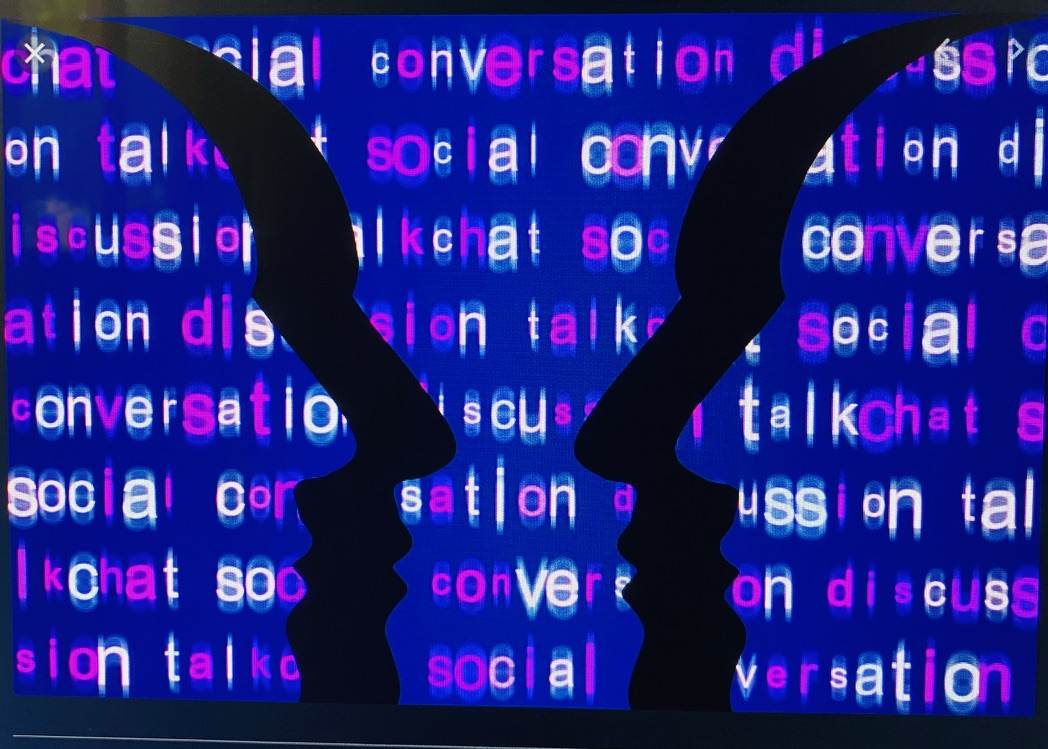
Meaning in therapy does not come from dogmatic knowing based on supposition. Rather meaning is dialectically illuminated by remaining open to you with a questioning stance. The structure of your speech does not simply mirror their structure of thought because your thought does not automatically have its counterpart in words. The transition of thought to word and back again leads to meaning, where in discourse there may also be the hidden thought or subtext. So when you talk, every utterance is only an incomplete attempt to develop a fully-formed meaning. Initially, what you say and what I understand may be at odds with each other, which is why it’s necessary for the thought to be “developed” with a back-and-forth motion of checking and re-checking (thought to the word to the meaning, and vice-versa and every combination thereof). In therapy, it’s essential not just to have possibilities, but to realize them as well, just as a word realizes a thought and vice-versa. Dialogue in therapy is not just interpersonal between you and me, but intrapersonal as well, e.g. me focusing on your “inner speech” between self and self. Here I observe the manner and meaning of how you talk to yourself.
I’m prepared to learn from you, to learn what your words mean (as a portal to the world). Contrary to popular opinion, this does not require neutrality or objectivity, but instead requires me to be aware of my biases so that your discourse can reveal itself with your intentionality rather than being overlaid with my filters. In every true dialogue between you and me, in each session, we open ourselves to each other, accept the others’ viewpoint and reality as valid while transposing ourselves within the other. The key here is I hold your words with a reverence and respect not usually granted to language. Doing this insures us sharing a “common language” and “being on the same page”.
Language is a reflection and creation of culture. As such, language influences how culture sees psychotherapy. For example, with managed care insurance using the language of science to legitimize reimbursement, sterile words such as “patient”, “treatment”, and “diagnosis” have become the norm. In the modern era, language was seen as merely describing Reality; in the post-modern era, language plays a larger part in creating the Reality itself. The process of psychotherapy is not immune from the world-view, where due to managed care requirements therapists use non-therapeutic language to conceptualize the process of their work. It is imperative that therapists acknowledge the relationship between language and power: parties who control language also control Reality (and vice-versa) and therefore have power. At the risk of sounding alarmist, it is dangerous for therapists to relinquish their personal voice, to abandon their words in favor of dehumanizing insurance jargon which has an investment in nothing other than saving money. For an insurance company, the bottom line always to limit claims payments, and this is directly at odds with the calling of a therapist – to heal a human being. Ultimately, our words about psychotherapy must be in service of the client.
Communities of Interest/Purpose/Practice
Inasmuch as social responsibility cannot exist merely as ideology, nor as value in vacuum, and must be buttressed with action, I’m passionate about current interdisciplinary research inquiry into the well-being of society as a whole, e.g. scientific systems devoted to understanding the interplay of compassionate individuals, strong social bonds, and altruistic behavior. As such, I’m committed to serving the ‘greater good:’
- I organize free local monthly support groups for those living with chronic pain/illness.
- I serve as resource for a nonprofit organization, dedicated to reducing stigma and increasing awareness about emotional health in the South Asian community.
To Verify License
Should you wish to verify my license with the State of California – California Board of Behavioral Sciences Examiners (BBSE), please visit www.dca.ca.gov Follow these steps:
- Click on “Verify a License” and under ‘Behavioral Sciences’ click ‘Licensees and Registrants.’
- Click the button ‘Verify a License.’
- On the next page, choose to search by License Number.
- From the next pull down menu, choose: Board-California Board of Behavioral Sciences.
- Choose ‘Licensed Marriage Family Therapist.’ Enter ‘License Number:’ 28642.
- Click on ‘Ranjan Patel.’
Some additional information about my credentials:
